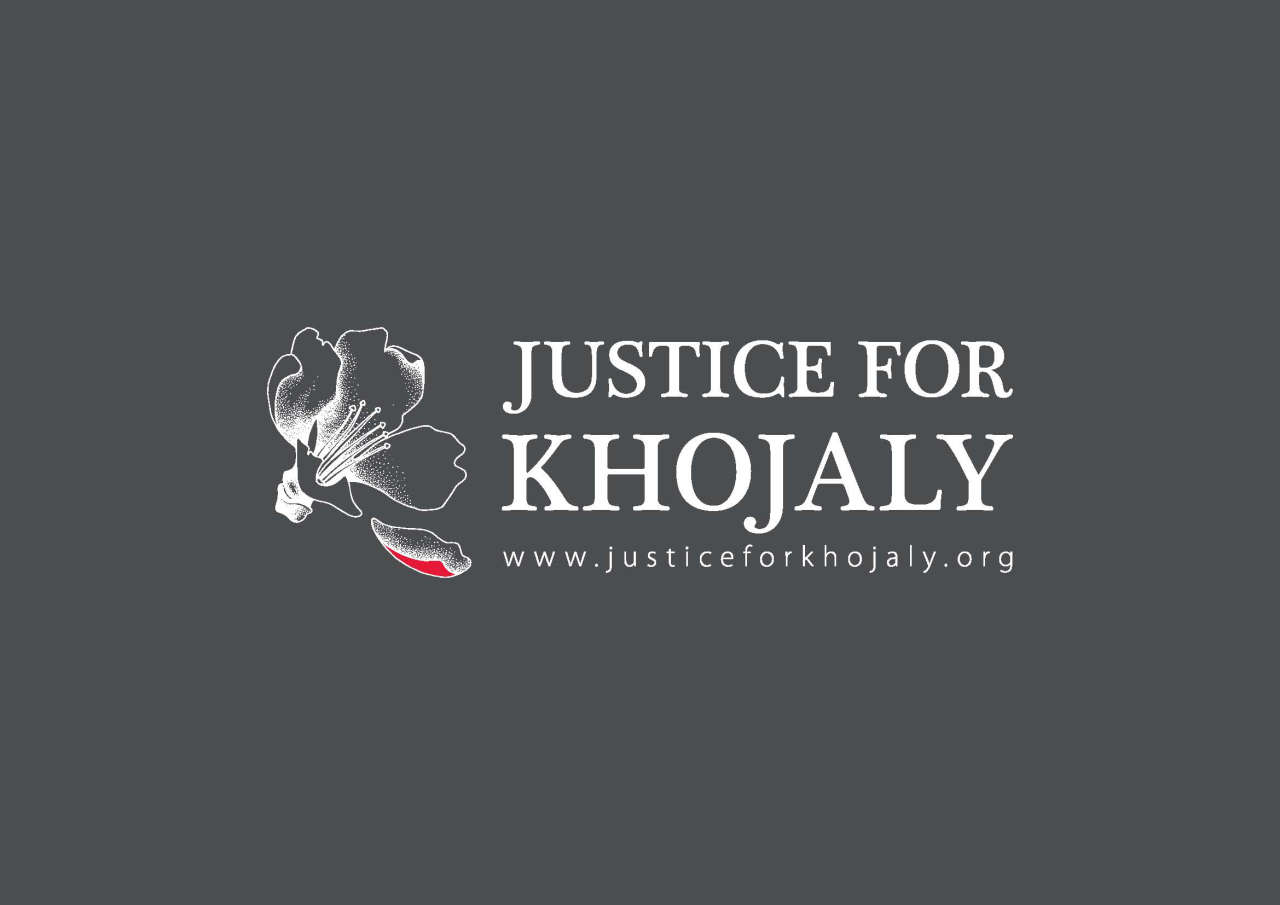Baku, Azerbaijan, Feb. 22
Trend:
Azerbaijan's Consulate General in Aktau, Kazakhstan, is holding an art competition for children and young people.
The Consulate General told Trend that the competition, titled "We Want Justice", has been organized as part of the "Justice for Khojaly" campaign, held under the supervision of Leyla Aliyeva, head of the Heydar Aliyev Foundation's representative office in Russia and general coordinator for intercultural dialogue at the Islamic Conference Youth Forum for Dialogue and Cooperation.
About 300 pupils of five art schools in Aktau and the surrounding areas are taking part in the art competition.
The competition jury includes members of Kazakhstan's Union of Artists and Azerbaijan's Consul General Elkhan Zeynalov.
A grand prize will be awarded for the best picture. Winners will also be awarded with diplomas, books and other prizes.
On Feb. 25-26, 1992, the Armenian military, together with the 366th infantry regiment of Soviet troops stationed in Khankendi, committed genocide against the population of the Azerbaijani town of Khojaly. Among those 613 killed in the massacre, there were 63 children, 106 women and 70 old people.
Eight families were totally exterminated, 130 children lost one parent and 25 children lost both. A total of 487 civilians became disabled as a result of the onslaught. Some 1,275 innocent residents were taken hostage, while the fate of 150 people still remains unknown.
The event became the largest massacre in the course of Nagorno-Karabakh conflict.
The conflict between the two South Caucasus countries began in 1988 when Armenia made territorial claims against Azerbaijan. As a result of the ensuing war, in 1992 Armenian armed forces occupied 20 percent of Azerbaijan, including the Nagorno-Karabakh region and seven surrounding districts.
The two countries signed a ceasefire agreement in 1994. The co-chairs of the OSCE Minsk Group, Russia, France and the US are currently holding peace negotiations.
Armenia has not yet implemented the UN Security Council's four resolutions on the liberation of the Nagorno-Karabakh and the surrounding regions.






